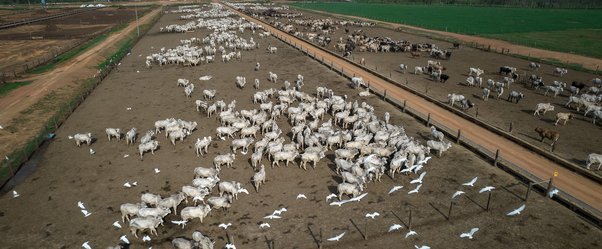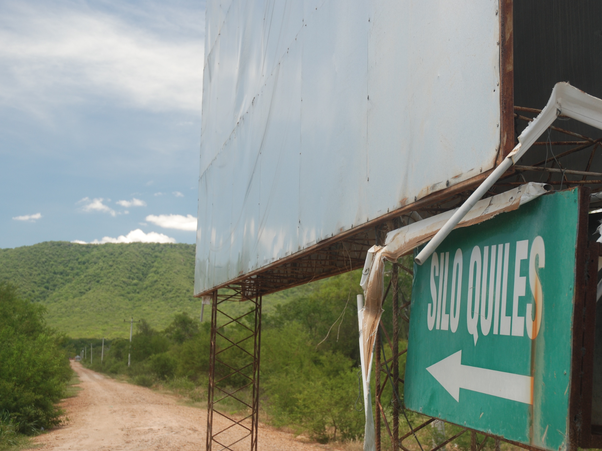The company’s New York Stock Exchange debut is overshadowed by its soaring legal liabilities and transparency concerns, raising major red flags for investors
The reported legal liabilities from complaints faced by meat giant JBS have more than tripled from US $1.8 billion as of June 2023 to $6.9 billion at the end of 2024, new findings from Global Witness reveal.
This increase in reported liabilities could carry significant implications for the firm and investor confidence. The $6.9 billion figure is nearly as high as JBS’s entire 2024 adjusted earnings ($7.2 billion EBITDA).
Global Witness calculated these figures by comparing changes in the company’s multiple F-4 filings to the Securities and Exchange Commission (SEC) as part of its dual listing application.
JBS’s reported figures have increased significantly during its application process. Between its June 2024 and November 2024 F-4 filings, JBS revised its "possible" losses upwards by $3 billion. Due to these revisions, JBS’s total reported liabilities have almost tripled from $1.8 billion to almost $7 billion in less than two years.
The decision to allow JBS – a company with a history of governance and corruption scandals, and repeated links to deforestation, human rights violations and environmental harm – to list on the NYSE has drawn heavy scrutiny from civil society organisations, including Global Witness.
JBS's first day of trading marks a dark milestone for forests and communities all over the world
The company’s new corporate structure as a result of the NYSE listing grants the Batista family, who founded the company, nearly 85% of voting power in its governance. This would limit opportunities for minority shareholders to exert influence over the company, including its impact on the environment and populations affected by its supply chain.
JBS told Global Witness the sharp increase in reported “possible” legal liabilities in its SEC filings was due to enhanced disclosure requirements, not a change in how the company estimates such risks.
Of the total $6.9 billion in reported liabilities, JBS has set aside provisions for just $500 million considered “probable”. The remaining $6.4 billion – the bulk of the cases – are considered “possible losses” and therefore are not covered by provisions.
Global Witness Senior Policy Advisor Ashley Thomson said:
"The size of JBS's liabilities reflects its well-documented history of environmental, human rights and governance scandals that have caused real harm to people, forests and public trust. Despite these liabilities, the company has secured a new corporate structure that consolidates the Batista family’s control while granting it unprecedented access to the world’s largest stock exchange.
“It raises urgent questions: why was this structure chosen? How did the company’s legal liabilities shift so dramatically in such a short time? And, most importantly: why would the SEC allow a company carrying this level of risk to list at all?
"Allowing a company with JBS’s deforestation footprint to access US capital markets undermines global efforts to protect forests and meet climate goals. The SEC’s decision here isn’t just a risky choice for the market and investors, it's one with material planetary consequences. JBS's first day of trading marks a dark milestone for forests and communities all over the world."
Investor risk
Most of the company’s total reported liabilities stem from tax-related lawsuits, but JBS also lists civil disputes that allege price fixing, labour claims and civil disputes – including a recently dismissed case that claimed fraud and greenwashing involving one of its subsidiaries.
Within just five months, JBS revised its liabilities figures upwards by nearly $3 billion in filings to the SEC.
In June 2024, JBS reported $3.1 billion in “possible” legal liabilities as of 31 December 2023. By November 2024, this figure had ballooned to $6 billion for the same period.
In its November filing, JBS attributed the significant change to it having “improved the description for the most significant legal proceedings,” and having “improved the disclosures to provide more details on the presentation of expenses related to provisions for legal proceedings.”



